OPINION: Restructure WSU parking
Parking, transportation at WSU needs to be reformed, reexamined
WSU parking is too expensive and overcrowded, necessitating some kind of new system to ensure everyone has a parking space.
July 15, 2020
As a commuting college student, I can’t help but hear and feel WSU students’ frustration at the cost of WSU parking permits. There is certainly a lot of — I believe — understandable animosity toward WSU Transportation Services and a lot of things are problematic.
But there are a lot of things that may explain why permits cost so much, which aren’t outwardly obvious.
I want to first explain the way WSU Transportation Services functions. They are a separate business entity from WSU – they do not receive federal, state, grant or tuition funding. All of their funding for projects like building new garages, parking lot maintenance and operations comes from parking fees and fines.
Their website details just how much it costs per parking space: anywhere from $8,000 for gravel spaces to an upwards of $76,000 per garage space. These spaces also incur $25 to $125 per year per space for “structural” or “surface” maintenance. For the 8,343 parking spots on campus, that averages to about $625,000 per year in maintenance alone.
The cost of parking permits also pays for snow maintenance for the parking lots and areas.
WSU should be paying for this since it is their campus and their students. I understand that not everyone uses the parking lot; but not everyone goes to Southside or Northside cafes and my tuition is already paying to maintain those areas too.
As a student who has to pay exorbitant prices to park on a campus I’m paying to attend, I feel that something needs to change to help support WSU Transportation Services.
That being said, there are certainly flaws to the parking system. Students frequently face a problem with parking permits being oversold and lots being full. Students are not always able to find parking in the lot they’re paying for, and the theory is that WSU oversells passes.
While I would not be surprised if the passes were sold past parking-lot capacity, I believe it could actually be due to the “tier” system that Alexis Alexander, senior human development major, explained.
“If you buy the Green [4] pass, you can park in that parking lot and all the other lots beneath it,” Alexander, who is also a Blue lot user, said. “So [the Blue lot] was always full, and I ended up having to pay to park in the garage almost every day.”
Senior kinesiology major Errin Hendrickson said she had concerns with the lack of free parking for students who choose to commute.
“During the year, when everyone’s here, it’s really difficult to find [free] parking … a lot of the times I would end up being late [to classes],” Hendrickson said. “There’s not enough free parking for people who can’t afford the passes.”
While there are some cases in which students could opt for Pullman Transit, not every student has that option when considering going to and from school, work and home. Another gaping problem with the permit system is that the Green 5 permit holder is displaced frequently during the football season and can’t use their permit on game weekends.
Chris Boyan, assistant director of operations at WSU Transportation Services, said there is a lot of communication involved on the behalf of WSU Parking and Transportation to those permit holders.
Personally, I don’t think it’s enough. This communication needs to start when the student purchases the Green 5 permit. A little warning should come up that tells students upfront that they will not be able to park there for about 10 days out of the month during football season. Furthermore, these permits need to have a reduced price to represent the days they are unable to park.
Boyan said these permits are designed primarily for the school week of Monday through Friday.
However, there are studying groups and other things on campus a student may need or want to access over the weekend, that aren’t covered with weekly parking passes.
My final, and possibly biggest gripe with the charging of annual permit passes, is that I am being charged three different times to pay for Pullman Transit.
Boyan said WSU and WSU Transportation Services each pay a lot of money towards supporting Pullman Transit.
“If we didn’t have transit, there would be too many cars on campus. We wouldn’t have enough parking for everybody,” Boyan said.
Therefore, part of my parking permit pays towards Pullman Transit and helping keep cars off campus to help me have parking is a fine reason.
However, part of our Services and Activities fee of $279 each year and our transit fee of $36.08 a year also pays for Transit. Why should I be charged three times to pay for Pullman Transit?
I have a lot of issues with the way parking is handled on campus, and I feel strongly that something should be done about them. However, Boyan said he can clarify any parking or transportation questions if students were unsure.
“There’s a lot of myths about parking on campus … so if you’re uncertain about something, please contact us directly and we’ll give you the ‘straight and narrow,’” Boyan said. “Give us a call, send us an email, we’d be happy to straighten things out.”
I do believe that the biggest change will happen if we can reform the funding of WSU Transportation Services. Parking is a part of the university, and I absolutely believe they should receive state or federal funding for some of it.


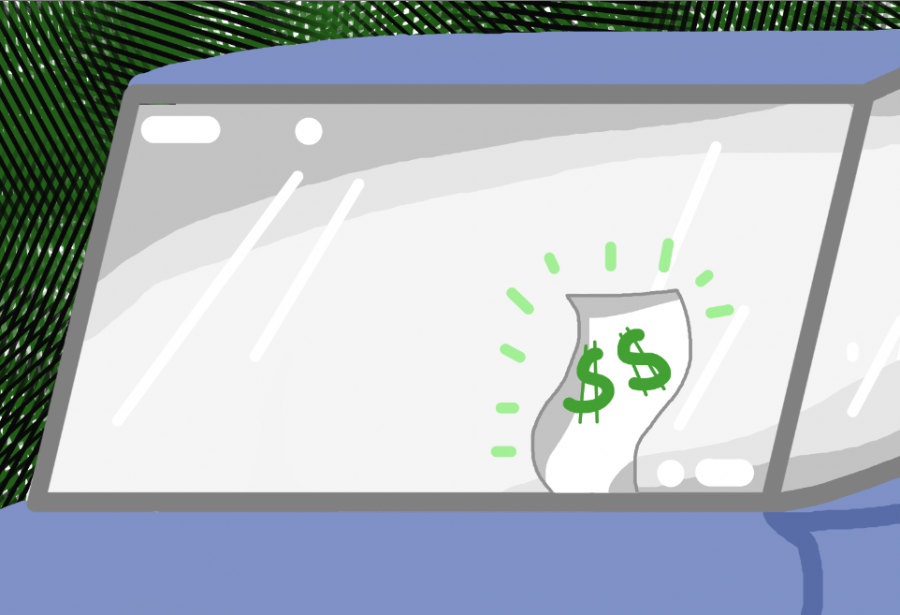







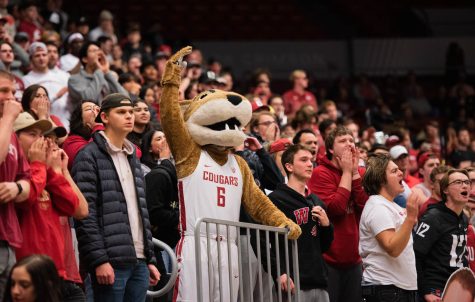
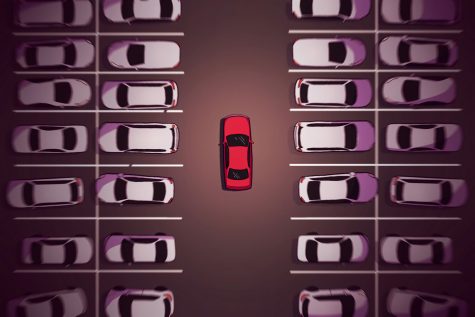




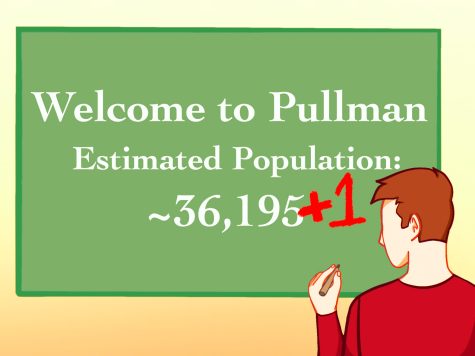

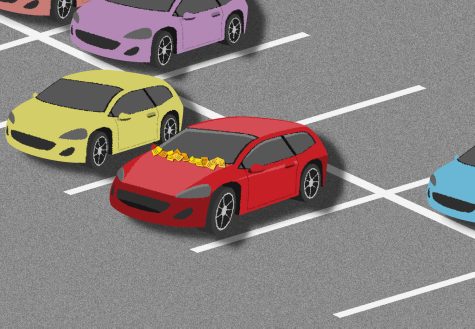
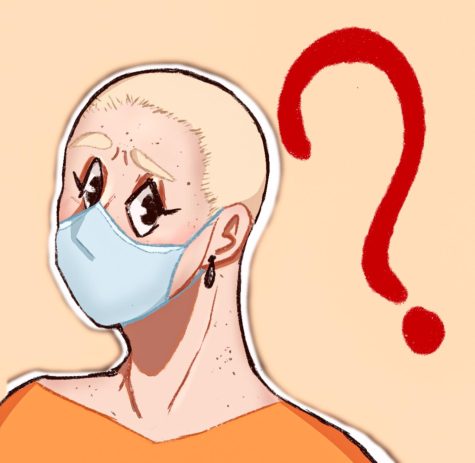


I agree • Jul 19, 2020 at 11:44 am
I agree. Transportation Services is a joke. The process of repealing a ticket is also a joke. Of the people I talked to in the past, they all agree that TS treated them condescendingly like children.
They need to stop making TS about profit and revenue. That is where the issue stems from. Charge parking permits only for the amount needed to maintain the parking areas and not anything more.